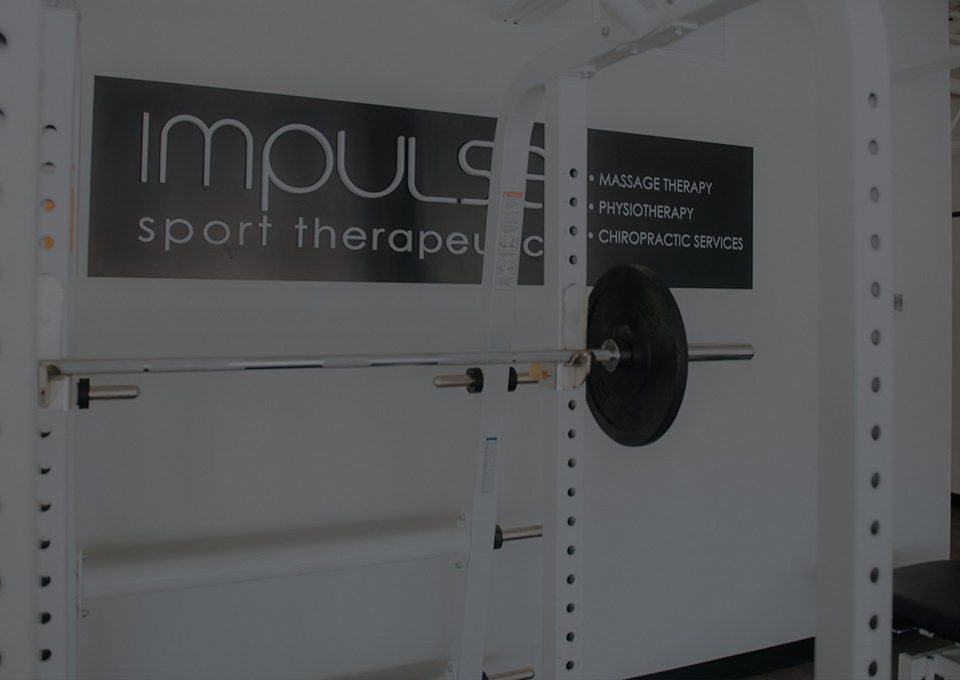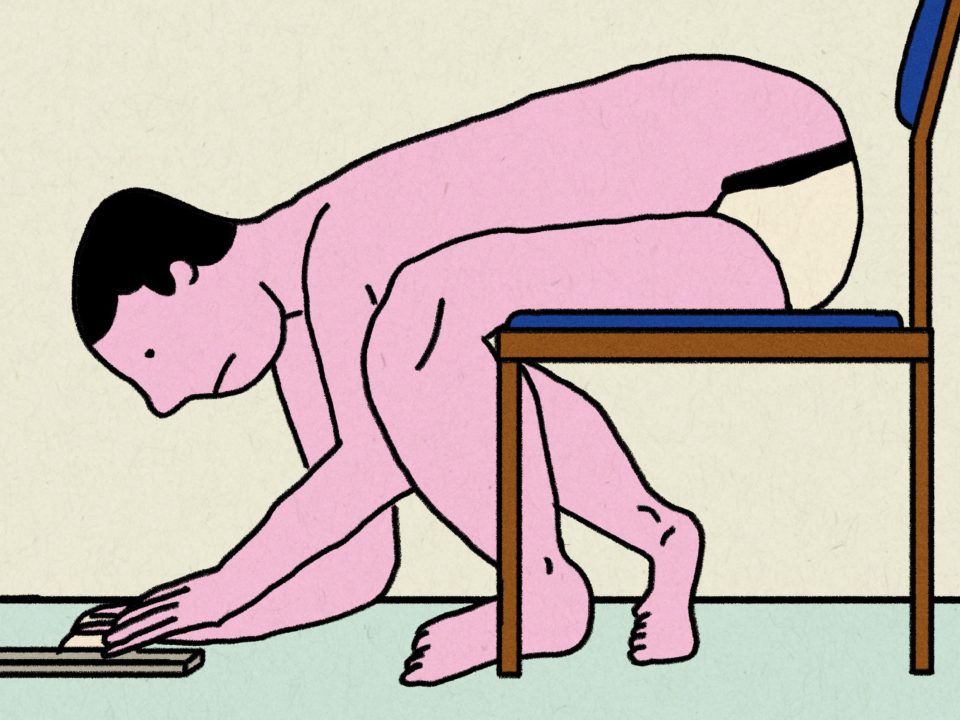Sleep & Health: Restful and Restorative Sleep: Part 2 of 3
Reduce Injury Rates, and Improve Overall Health!
Environment is Key
Your bedroom should be as cool, dark and quiet as possible. A well ventilated room between 60 and 75°F is ideal to encourage the natural fall in body temperature we experience each night. Too hot or too cold and our bodies will take action to get more comfortable, which will probably involve waking you up.
Silence is best, but when it comes to sleeping, “quiet” can be relative. An ideal auditory environment isn’t so much perfectly quiet as it is consistent without loud spikes of noise to wake us up during the night. If you live in a busy city or close to potential noise generators it can be difficult to limit the outside noise completely. But, we can decrease the relative volume of outside noise by creating constant low-level noise with a fan or a “white noise” appliance.
Embrace the Darkness Within Your Bedroom
As soothing as a nightlight may be if you’re 4 years old, all light sources can act as a powerful signal telling our brain that it’s time to wake up. Melatonin(our sleep hormone) levels can be significantly decreased by any artificial light sources throughout the night. Using heavy curtains, blackout shades, or, as a last resort, an eye mask to block light ensures our sensitive nervous and hormonal systems aren’t getting confused as we slumber. Additionally, turn the clock face away and do not check the time or your phone if woken up at night.
Lifestyle
There are many lifestyle factors that can affect the quantity and quality of our sleep but we’ll keep it simple:
Exercise – minimum 30 minutes a day to build up adenosine(another sleepy hormone) but not too close to bedtime to control cortisol levels, keep body temperature low and avoid putting ourselves into an excited state. Try to finish exercising at least three hours before bed or work out earlier in the day.
Avoid alcohol – although it has the ability to make you pass out(not a recommended sleep aid), the metabolism of alcohol actually decreases the efficiency of our sleep and interrupts our circadian rhythm
Avoid nicotine, heavy meals and excessive fluid intake after dinner – too much metabolic activity can rattle our cages and actually limit how restorative our sleep is
Avoid caffeine after lunch – although helpful during the day to boost your metabolic rate and improve alertness, consuming it too late in the day can keep you revved up well past bedtime. Don’t forget tea, chocolate, cola, and some pain relievers can all be significant sources of caffeine, it’s not just the coffee keeping you wired!
Make An Appointment!
Quick Booking With The Jane App





